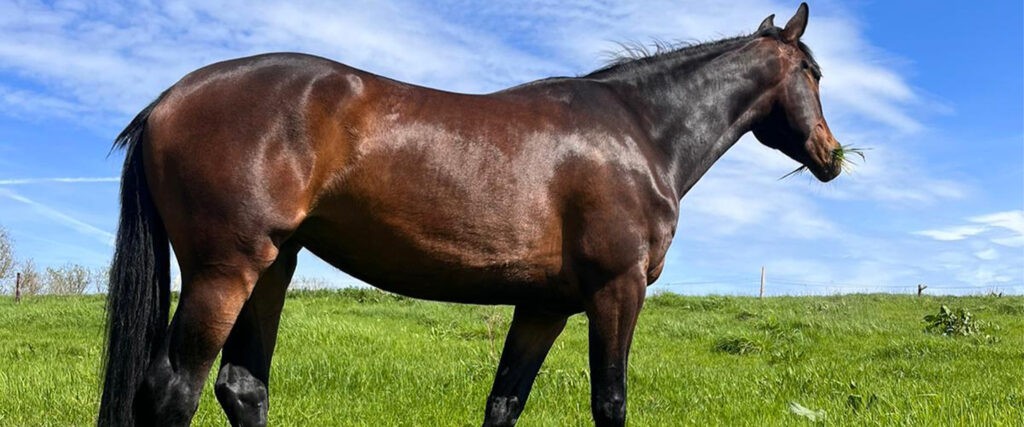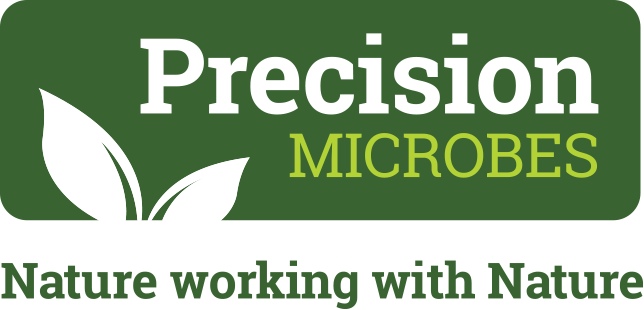
The equine hindgut, comprising the cecum, large colon, small colon, and rectum, is a fermentation chamber where a complex microbiome breaks down fibrous plant material. This process is vital for the production of volatile fatty acids (VFAs), which serve as a primary energy source for horses. Maintaining the delicate balance of the hindgut’s environment is crucial for nutrient absorption, immune function, and overall health.
Key Indicators of Hindgut Distress
Monitoring your horse for signs of hindgut issues is critical for early detection and management. Symptoms of hindgut distress may include:
- Changes in Eating Habits: Reluctance to eat or changes in appetite can indicate discomfort or pain associated with digestive problems.
- Altered Manure: Look for changes in consistency, color, or frequency, which can signal hindgut imbalances.
- Weight Loss or Poor Condition: Despite adequate feed, unexplained weight loss or a decline in body condition can be linked to malabsorption or digestive inefficiency.
- Behavioral Changes: Irritability, lethargy, or changes in performance might reflect discomfort stemming from hindgut issues.
- Colic Signs: Symptoms of colic, such as abdominal pain and bloating, can sometimes be traced back to hindgut disturbances.
Strategies for Supporting Hindgut Health
Enhancing your horse’s hindgut health involves nutritional management, stress reduction, and preventive care. Implement the following strategies to support a healthy hindgut:
- Fiber-Rich Diet: Ensure your horse’s diet is rich in high-quality forage to promote healthy fermentation and gut function.
- Gradual Feed Changes: Introduce any changes to your horse’s diet slowly over several days to prevent disrupting the hindgut microbiome.
- Regular Deworming and Dental Care: Prevent parasites and ensure your horse can effectively chew and digest their food.
- Stress Management: Minimize stress through regular exercise, consistent routines, and social interaction with other horses.
- Supplementation: Consider prebiotics, probiotics, and specific supplements designed to support hindgut health under veterinary guidance.
When to Consult a Veterinarian
If you notice any signs of hindgut distress in your horse, it’s imperative to consult with an equine veterinarian promptly. Early diagnosis and intervention can prevent complications and ensure your horse’s speedy recovery.
Precision Microbes a Game Changer in Equine Gut Health
Precision Microbes have a unique liquid complementary feed for the equine market. Precision Microbes for Horse & Foal is a highly palatable liquid formula that helps promote optimal gut health.
The product is certified organic and is certified as containing no banned substances from the Laboratoire des Courses Hippiques in France.
Precision Microbes equine liquid is a mixture of aromatic herbs that are lactic acid fermented with a special mixture of lactic acid bacteria.
These products have been specifically designed to be used long-term in feed daily.
Conclusion
The health of your horse’s hindgut is a cornerstone of their overall well-being. By understanding the crucial role of the hindgut, recognizing signs of potential issues, and implementing strategies to support its function, you can ensure your horse remains healthy and happy. Remember, a proactive approach to hindgut health can significantly impact your horse’s quality of life and performance.

